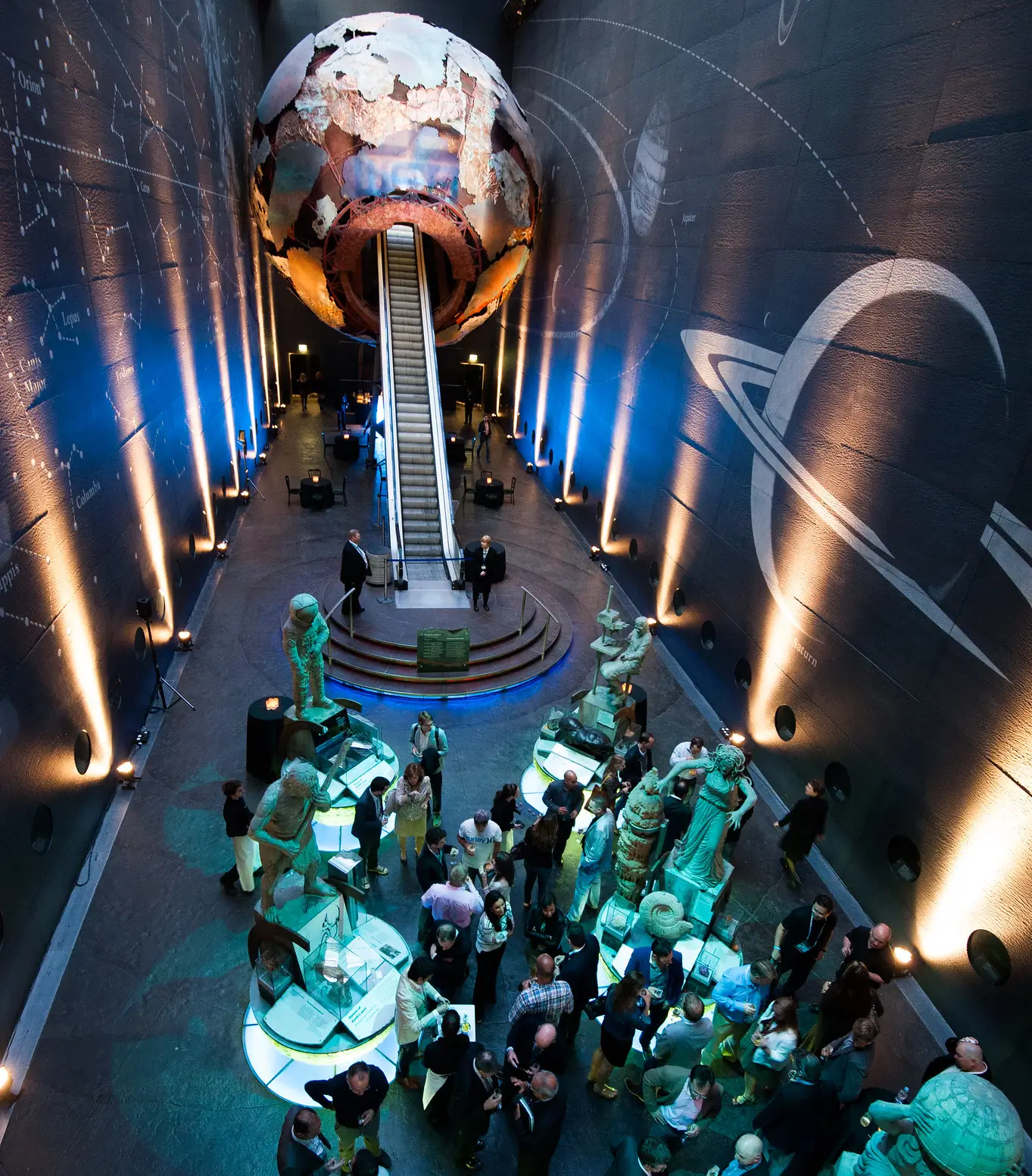The State of UK Event Venues: Data-Driven Insights from PepTalk
Explore data-driven insights from PepTalk revealing top UK event venues, trends in bookings.
Explore data-driven insights from PepTalk revealing top UK event venues, trends in bookings.
The events industry continues to evolve, and understanding venue booking patterns provides valuable insights into both client preferences and market dynamics. Recent analysis of venue booking data directly from our speakerbriefs here at PepTalk reveals compelling trends about the UK's most in-demand event spaces, from London's cultural powerhouses to regional conference centers.
The Science Museum dominates the landscape with nine separate bookings in our dataset, making it by far the most popular venue. This South Kensington institution has clearly positioned itself as more than just a tourist attraction — it's become a premier corporate event destination. The museum's success likely stems from its unique combination of inspiring exhibits, flexible event spaces, and prestigious Kensington location.
What makes cultural venues so appealing? Event planners are increasingly seeking venues that tell a story. The Science Museum, London Natural History Museum (seen above), National Gallery, and Barbican Centre offer attendees an experience that goes beyond traditional conference rooms. These spaces provide natural conversation starters, Instagram-worthy backdrops, and an atmosphere that can elevate even routine business meetings into memorable experiences.

Sports and entertainment venues are claiming significant market share. Wembley Stadium appears twice in our data, alongside other major sporting venues like Emirates Stadium, Etihad Stadium, and St Mary's Stadium. These venues have successfully diversified beyond their primary sports functions, offering:
Traditional event spaces continue to thrive, with venues like Glaziers Hall appearing multiple times in bookings. These historic London venues offer:
The persistence of venues like Old Billingsgate and various livery halls demonstrates that despite technological advances, there's still strong demand for venues with heritage and character.
While London venues feature heavily, Telford International Centre emerges as a significant regional player with several separate bookings. This highlights an important trend: businesses are increasingly willing to hold events outside London when the venue offers the right combination of:
Multiple hotel properties appear throughout the data, from luxury options like The Soho Hotel to business-focused chains like Hilton and Sofitel. The appeal of hotel venues lies in their integrated offering:
The most booked venues take risks. Science Museum, Wembley, historic halls — these aren't "safe" choices. They're memorable ones. Your clients will thank you.
Telford's success proves you don't need Zone 1 London. Good transport links matter more than postcodes.
Venues getting repeat bookings offer experiences people remember. Ask yourself: Will guests leave with stories?
For conferences and expos
For away days and corporate retreats
» READ MORE: Menopause Speakers for Luxury Wellbeing Retreats and Corporate Events
For award dinners and after-dinner events
For producer-led sessions:
The venues winning repeat business understand what event planners need: reliability, uniqueness, and the ability to make every gathering special.
Your edge comes from knowing these patterns first.
This analysis is based on recent PepTalk brief and booking data across the UK events market, examining patterns in venue selection and frequency of use across different categories and geographic locations.